巴勒斯坦在媒体战中对以色列拥有优势
黎巴嫩电影制片人侯赛因·赫马耶德 强调:
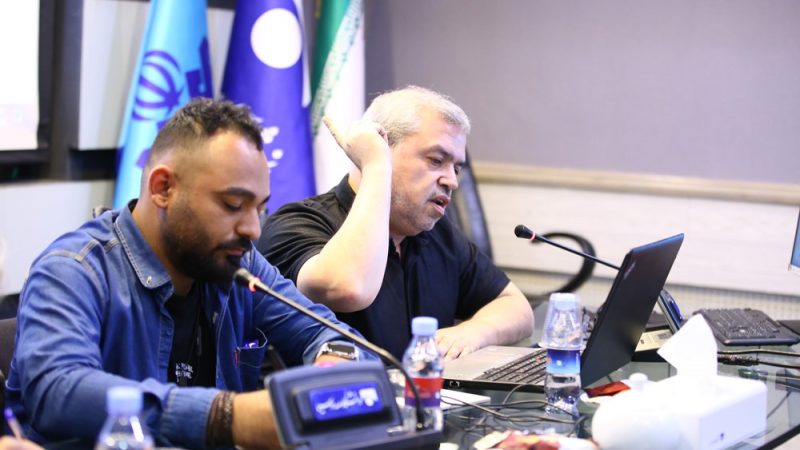
He stated that the usurping Zionist regime attempted to impose its narrative in the media, but ultimately, public opinion has shifted towards Palestine.
Hemayed participated in a professional forum titled “Challenges of the TV industry in the era of new news networks” on Monday, May 20th, as part of the Sobh International Media Event at IRIB University.
During the forum, Hemayed discussed the challenges faced by television news in the age of social media. He pointed out that social media has played a vital role in amplifying the Palestinian narrative during the Gaza war, making it a significant factor in shaping world opinion.
At the start of this meeting, Hamid offered his condolences for the martyrdom of the president and foreign minister. He added, “I am deeply moved by the fact that despite the tragic loss of our leaders, the Iranian people have shown strength and resilience in carrying on.” He then turned the discussion to the workshop topic, saying, “The question we must address is whether news networks have suffered a decline in comparison to social media.” He noted that many professionals are concerned about how to effectively reach their audience through social media.
In light of the recent martyrdom of the Iranian president, Hemayed asked the audience how they first learned of the news. Most of them responded that they had heard about it through social media and news agencies, rather than traditional news channels. Hemayed attributed this to the conflicting information spread by the official news channels in Iran.
The war of narratives parallels the field battle in Gaza.
Hemayed then turned his focus to the Gaza war and stated that it was not just a battle on the ground but also a media war. He noted that Israel had initially created a narrative on social media, portraying Hamas as a terrorist organization, rapists, and child killers. However, this narrative has now shifted in favor of Palestine.

Referring to the media war in Gaza, Hemayed said: “The first recipients of this news were the traditional networks in Europe, such as CNN and BBC. For years, they have presented the Israeli narrative to the people. However, with the start of this war, many Palestinians have taken to social media to share their side of the story. Additionally, social activists in Europe have also published a different perspective on the war in Gaza. The initial response to the conflict was to accept Israel’s narrative, but now there is a visible clash between pro-Palestinian social media and media that supports the Israeli narrative.”
Referring to the recent protests on American university campuses and the growing boycott of Israeli companies, Hemayed believes this is a clear indication of the widespread acceptance of the Palestinian narrative. He goes on to say that even the US Secretary of State has acknowledged the impact of social media in this movement, suggesting that it has effectively challenged the dominance of traditional news media in shaping public opinion.
Social media shapes opinions
This media expert then outlined the characteristics of social and news media, stating that 58% of Americans get their news from social networks while 27% prefer television. The majority of social media users are young, while older individuals and political elites are more likely to watch TV for news. This statistic demonstrates the influence of electronic media on public opinion.
Hemayed continued, saying that television’s primary responsibility is to report and present news to the public. News is obtained from two sources: official agencies and field reporters. While journalists play a significant role in shaping news, they face competition from citizen reporters, who can quickly capture and share news through their mobile phones before field reporters can reach the scene.
Discussing the recent conflict between the Resistance Front and Israel, the media expert noted that it was citizen journalists who reported on the ground. For example, Hezbollah used a camera in a rocket to broadcast footage of battles in southern Lebanon, demonstrating the increasing role of citizen journalism in news coverage.
Hemayed then highlighted the role of citizen journalism in the Vadeh Sadegh operation, where news spread quickly through social media after drones passed through countries. This indicates the speed and effectiveness of citizen journalism in disseminating news.
The expert also mentioned the shift from institutional journalism to individual journalism, noting that social media platforms like Twitter, Tik Tok, and Instagram allow for a variety of opinions, unlike traditional TV talk shows that often have a single perspective.
While social media has its weaknesses, such as lacking the full context of news, television provides a more comprehensive understanding of a story. Social media tends to share random news stories, while television conducts thorough research and provides a fuller picture.
However, there is a trend towards individual journalism, as many European journalists have created their own media outlets to support marginalized narratives, such as the Palestinian narrative. Ali Hassan is an example of a citizen journalist who has gained recognition for his coverage.

A Syrian citizen journalist in the audience shared their experience, stating that during the many fire fronts in Syria in 2017, they used a Samsung mobile phone to quickly capture and share images on social media, often beating traditional journalists to the story. They gained a following on Instagram and became a trendsetter. This individual also noted the presence of similar citizen journalists in Palestine.
Is the age of news media over?
After Ali Hassan’s explanations, Hemayed moved on to the final part of his speech where he attempted to answer the question: Has the life of news networks come to an end? With reference to Al-Jazeera’s experience, this expert stated that the network came to the realization about 12 years ago that in order to maintain its young audience, it needed to produce programs on social media. One of these programs, known as “AJ”, became a success. Hemayed also suggested that podcasts could potentially replace TV talks. He emphasized that Al-Jazeera’s main goal is to reach as many viewers as possible, which is why the network utilizes various platforms such as social media and artificial intelligence.
Hemayed continued by saying that all Arab networks are trying to keep up with Al-Jazeera’s success. However, the distance between them and Al Jazeera is vast. This TV network has been able to reach the elite through its news channel and the younger generation through social media platforms. It has also effectively incorporated the use of artificial intelligence.
莫森·亚兹迪为第二届早晨国际媒体活动长。该活动于5月19日拉开帷幕,放映纪录片、动画和短片作品,并举办媒体主题专业研讨会。
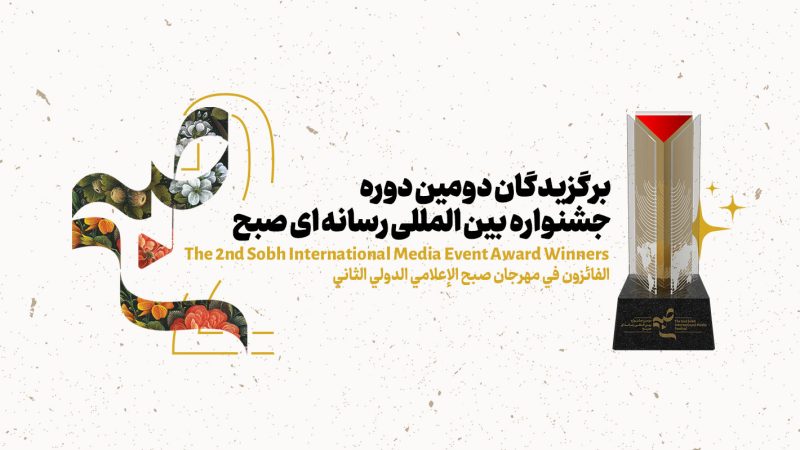
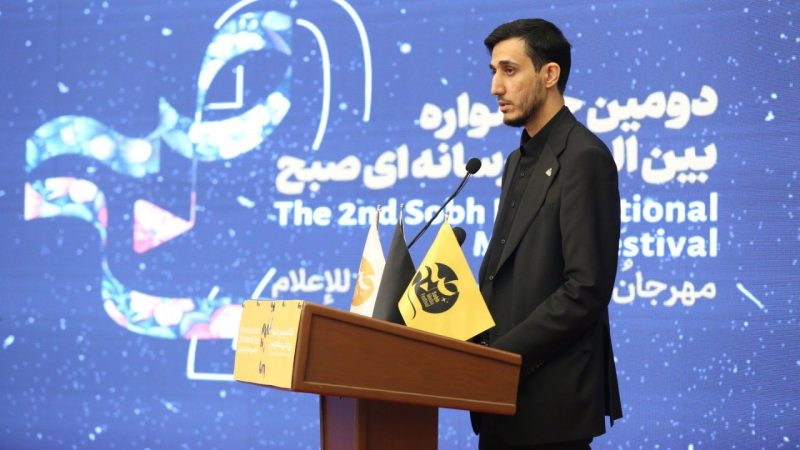
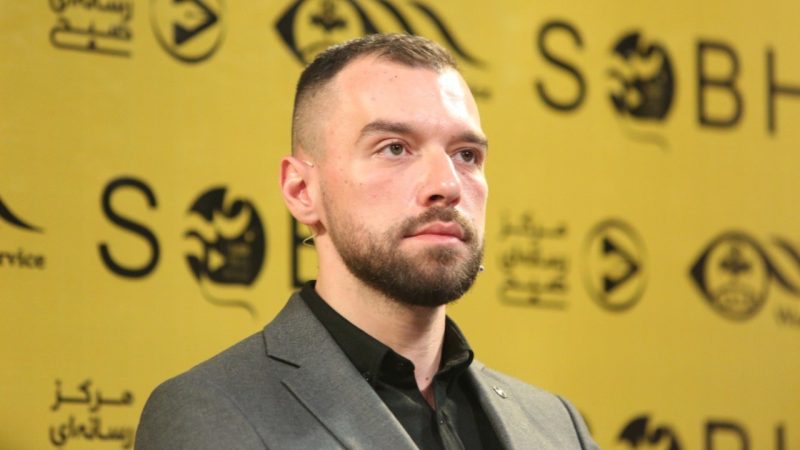
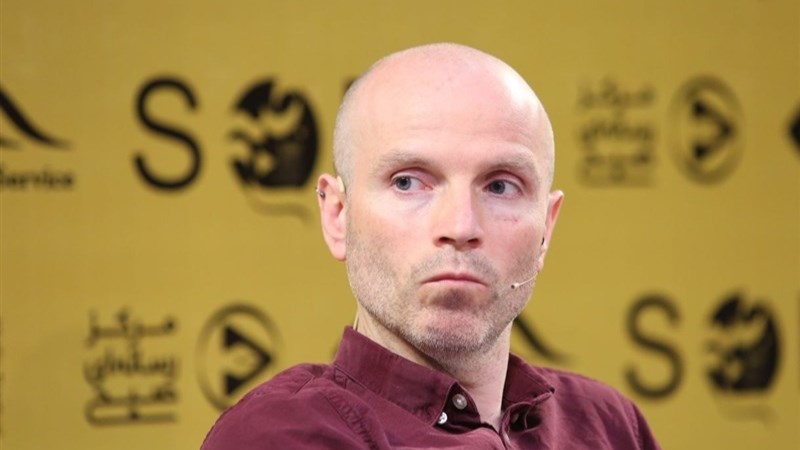
没有评论